Data from the association indicates that over 11 mio households in the UK own a pet. Looking at the data since 2011, this represents an average increase of 1 per cent per year. Apart from aquarium and garden pond fish, whose numbers are estimated at 15-20 mio and 20 mio respectively, dogs are the most popular pet in the UK. The canine population is estimated at 8.5 mio, even surpassing the number of cats, which the PFMA estimates at 7.5 mio.
Other popular pets are rabbits (800 000), guinea pigs (700 000), domestic fowls (600 000), caged birds (600 000), hamsters (400 000) und lizards (300 000).Whilst the PFMA believes that nearly half of all UK households have a pet, this leaves many (16.8 mio) without one. The association investigated this further and discovered that 95 per cent of these households are actually open to pet ownership, as only 5 per cent specifically stated they did not want one. Various reasons were given for not owning a pet, with lifestyle factors were predominating: "lifestyle /work/time" (36 per cent) and "moved into rented accommodation" (13 per cent). Others said that they didn't want a pet (5 per cent), or cited cost (4 per cent) and that they didn't realise what was involved (4 per cent).
Michael Bellingham, PFMA chief executive, concludes: "Pet ownership is a rewarding experience for everyone in the family. With numerous scientifically proven emotional and physical benefits, we would love to increase the possibility of more families benefitting from caring for a pet. With the pet industry welcoming many more companies offering pet care, dog walking, cat feeding services, sophisticated feeders and toys, where there is a will there is often a way! It's also true that many families have discovered the pleasure of owning smaller pets such as birds or hamsters, where space or work does not allow for a larger pet."
Other popular pets are rabbits (800 000), guinea pigs (700 000), domestic fowls (600 000), caged birds (600 000), hamsters (400 000) und lizards (300 000).Whilst the PFMA believes that nearly half of all UK households have a pet, this leaves many (16.8 mio) without one. The association investigated this further and discovered that 95 per cent of these households are actually open to pet ownership, as only 5 per cent specifically stated they did not want one. Various reasons were given for not owning a pet, with lifestyle factors were predominating: "lifestyle /work/time" (36 per cent) and "moved into rented accommodation" (13 per cent). Others said that they didn't want a pet (5 per cent), or cited cost (4 per cent) and that they didn't realise what was involved (4 per cent).
Michael Bellingham, PFMA chief executive, concludes: "Pet ownership is a rewarding experience for everyone in the family. With numerous scientifically proven emotional and physical benefits, we would love to increase the possibility of more families benefitting from caring for a pet. With the pet industry welcoming many more companies offering pet care, dog walking, cat feeding services, sophisticated feeders and toys, where there is a will there is often a way! It's also true that many families have discovered the pleasure of owning smaller pets such as birds or hamsters, where space or work does not allow for a larger pet."
Regional differences
The pet populations vary greatly according to geographical location. With 'lifestyle' the most significant barrier to ownership, it is not surprising to see that London has the lowest pet populations: 9 per cent have dogs, 12 per cent have cats, 1 per cent rabbits, 5 per cent indoor fish, 2 per cent outdoor fish and 1 per cent indoor birds. These compare to the national average of 26 per cent owning dogs, 17 per cent cats, 2 per cent rabbits, 9 per cent indoor fish, 5 per cent outdoor fish and 1 per cent indoor birds.
High populations of pets are found in regions where lifestyle traditionally lends…

 Menü
Menü

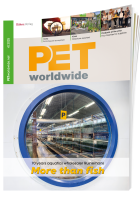



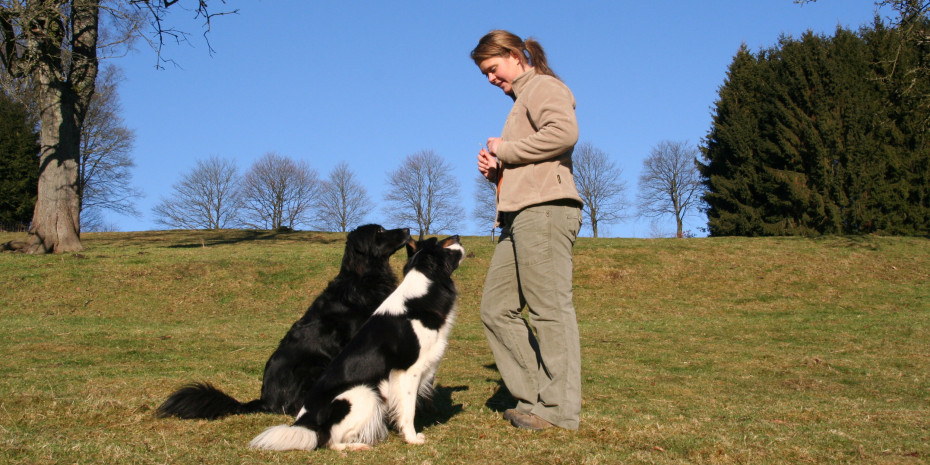


 3/2016
3/2016
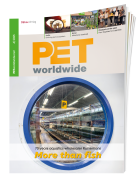





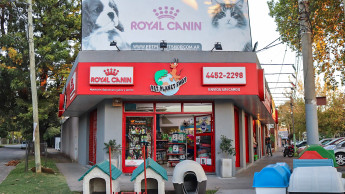
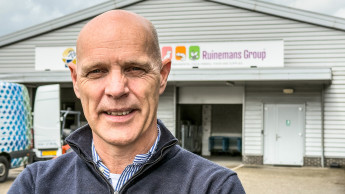

 Newsletter
Newsletter